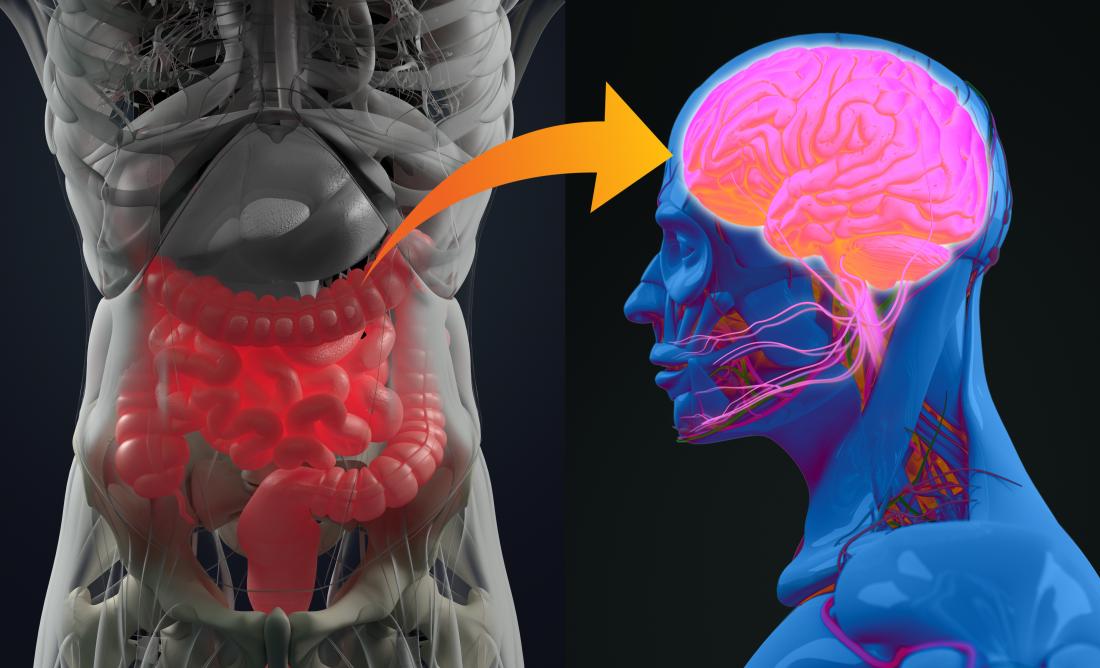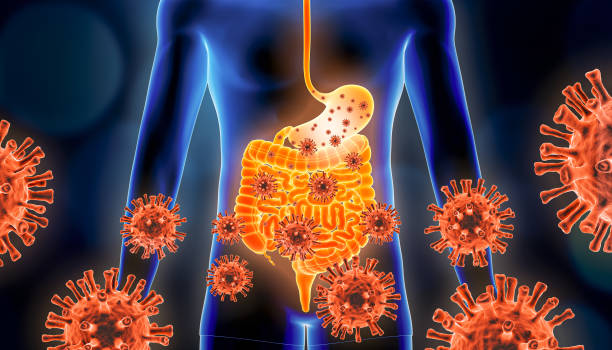
One of the significant concerns for children can be food allergies. Among all the children who are diagnosed with autism and other related disorders such as ADHD, ADD, and many more, food allergies can be understood as a common occurrence compared to the general population of children.
Those who are on the spectrum may be more at risk of food allergies because of a sensitive digestive or immune system. These allergies can also result in various behavioral problems. Hence, understanding the relationship between food allergies and how they may affect the child is very important for understanding the child's comprehensive treatment plan.

The Connection between Food Allergies and Behavior
Children who are diagnosed with autism, ADHD, ADD, and other similar developmental disorders share a common problem, which is that they experience some degree of sensory integration dysfunction. Individuals with this disorder have trouble responding to various kinds of sensory information in the environment.
- If we compare it to other children who are more sensitive, who are easily overwhelmed, and who may overreact (or underreact) to auditory, visual, and tactile stimulation, then we can say that these children face sensory integration dysfunction.
- So if your child has some sensory issues, then certain allergy symptoms like itchy skin, hives, eczema, runny nose, sneezing, and itchy, tearing eyes will result in more stress on the sensory system. This makes it even more trouble for them to function normally.
- The mixture of food allergies and sensory issues can restrict your child’s ability to sit still, concentrate, maintain focus, process information, learn, control his impulses and behavior, and communicate with his teachers and therapists.
- If you are taking steps to relieve your child's food allergy symptoms, then it will lessen the sensory burden he or she has to experience, which can surely improve his or her behavior.
Why does your Child have a Food Allergy?
There could be various reasons for your child to have a food allergy. Some of the reasons are mentioned below in this article.
Troubled Digestive or Immune System
Individuals who are on the spectrum can be more vulnerable to food allergies because they have a sensitive digestive system or a sensitive immune system. Normally, in a healthy digestive system, the digestive enzymes function in such a way that they break down the protein present in food into smaller components called amino acids. These amino acids then pass through the lining of the gastrointestinal wall, which is then passed into the bloodstream. These amino acids are then used throughout the body according to energy needs and requirements. There are tight junctions present between the cells in the gastrointestinal wall. These cells are tightly connected and act as a barrier, which ensures only a tiny, single molecule of amino acids, vitamins, and minerals can channel into the bloodstream.

Those diagnosed with autism, ADD, or ADHD have a disturbed gastrointestinal wall or a very sensitive immune system. This increases gut permeability abnormally, which can cause further problems. In other words, it’s also called leaky gut syndrome. These issues are very common in children who are on the spectrum. This syndrome allows a very large protein molecule to pass through the intestinal lining and release these molecules into the bloodstream. This can cause the immune system to overreact, as these molecules are relatively alien to the other finer molecules. The immune system overreacts to these otherwise harmless food molecules; it identifies the protein molecules as foreign particles and initiates a defense that causes inflammation. As these protein molecules circulate throughout the body through the blood, the various cells react by releasing histamines and other chemicals, which then trigger an allergic reaction.
The Allergic Symptoms can look like:
- Ears—otitis media (ear infections)
- Nose—nasal congestion, sneezing, runny nose
- Eyes—tearing, puffy eyes, dark circles under eyes
- Oral—swelling of lips, tongue, mouth, and throat
- Skin—hives, eczema, red cheeks, itching
- Respiratory—difficulty breathing, cough, wheezing, asthma
- Intestinal—reflux, vomiting, nausea, abdominal pain, diarrhea, constipation
- Neurological—headache, migraine, and behavioral problems such as tantrums,
- Irritability, and hyperactivity.
How can you Treat Food Allergies in Autism and Other Related Disorders?
If the kid has been diagnosed with a food allergy, getting help from a Functional Medicine practitioner is critical and significant:
- The functional medicine practitioner will help you through the nutrition therapy component of treating food allergies in children. It includes numerous nutritional interventions to heal the gastrointestinal tract and can cause the improvement of inflammation. The removal of allergenic foods, identifying and treating any nutrient deficiencies, and assessing your child’s growth and development are crucial and significant.
- Avoiding certain common foods, such as dairy, wheat, eggs, and soy, can have a major impact on the nutritional quality of your child’s diet. Hence, it's important to work with the right practitioner who can help you and give guidance about which foods and food groups to include as you eliminate the common allergens from your child’s diet.
There are Four ways in which you can Heal your Child’s Gut Health
- Removal of irritants that can cause inflammation and allergies (any food that is causing allergic reactions in the child should be removed from the diet).
- The removal of pathogens is crucial and significant. This will include the identification of the infections in the gut region and the help and consultation of an FM practitioner who could make necessary changes in the diet and aid the allergic reactions.
- This will lead to the repair of gut health in the child.
- The next process is repairing gut health and repopulating it with good and healthy bacteria. This could reduce the chances of inflammation and add benefits to the child’s health in general.


.png)


